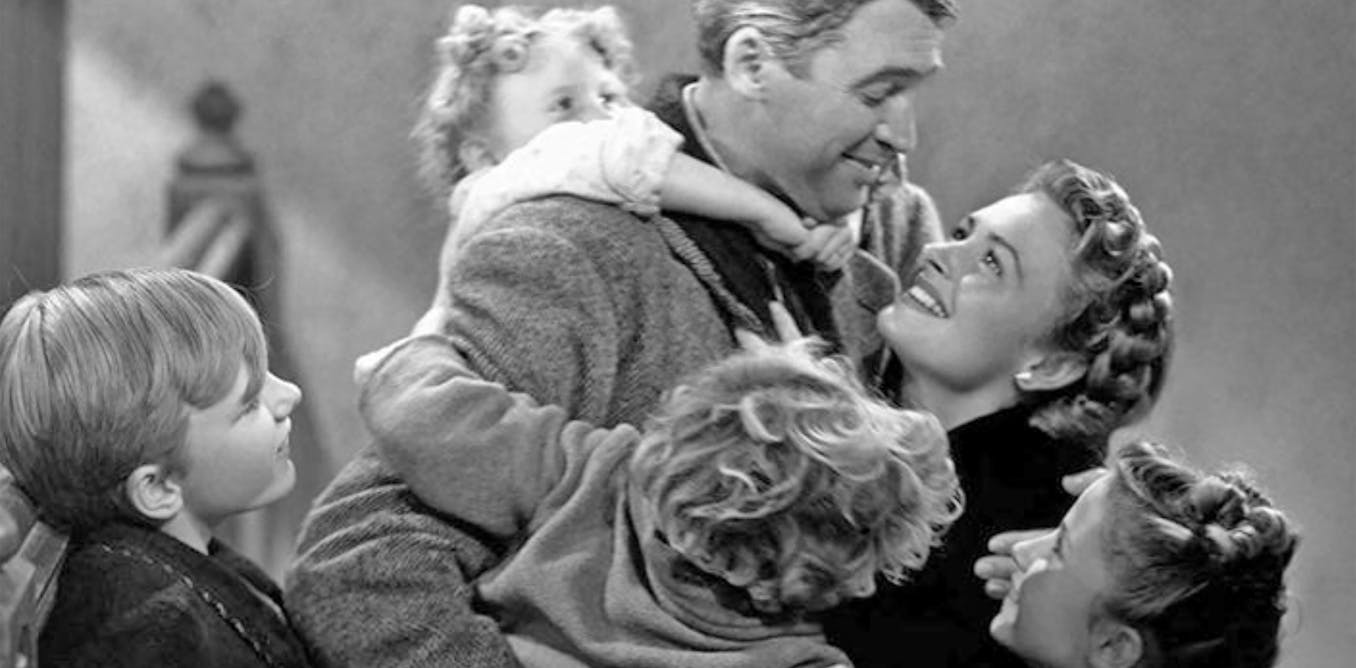There are a few elements of the Golden Globes that, while relevant to only people in Los Angeles and the wider entertainment industry, explain the show’s lasting appeal to the town’s starriest names. It’s often billed as LA’s drunkest night (or, as last night’s show attempted to rebrand it, “Hollywood’s biggest party”).
That’s been the grin-and-bear-it aspect of this awards show at its height: Suffer through courting favor with the often offbeat and invasive former Hollywood Foreign Press Association; gain access to a genuinely fun night on the town. (All after-parties used to take place onsite at the Beverly Hilton, allowing attendees to start the night at the rooftop celebrating one studio, head down to a ballroom celebrating another, and end the night by the pool at the organization’s official after-party.)
The trophies themselves? Almost a consolation prize, one that can market select dramas, musicals, and comedies as must-sees in theaters before the Oscars, rather than serving as a reliable barometer for where Academy voters’ heads are at.
In recent years, the awards body came under fire for its conduct and lack of diversity, faced a couple of ownership changes (resulting in the dissolution of the HFPA), and found a new (one-year) network home at CBS. It seems as if the Golden Globes has gained some legitimacy — but at what cost?
Ballooning from 90-odd members to a more diverse 300 potentially made the Golden Globes a
Read full article: The Golden Globes Approach Legitimacy — but at What Cost? – IndieWire

The article “The Golden Globes Approach Legitimacy — but at What Cost? – IndieWire” by Marcus Jones was published on 08/01/2024 by www.indiewire.com





































